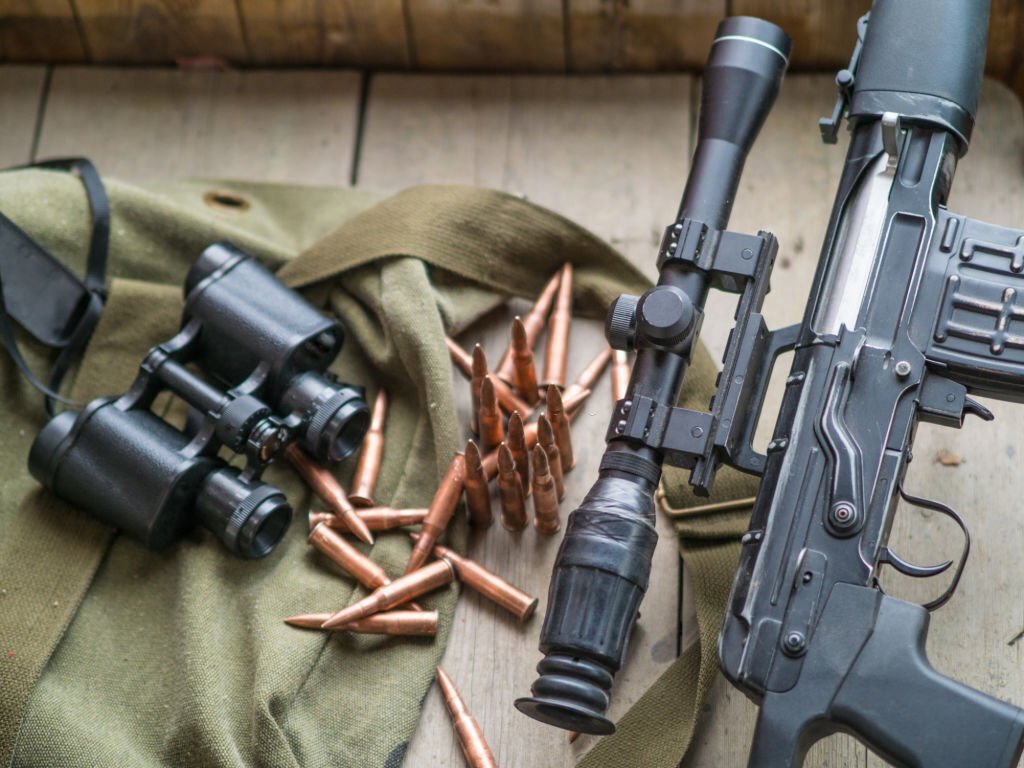Military surplus collecting is a fascinating hobby that allows enthusiasts to acquire and preserve pieces of history while also enjoying the thrill of treasure hunting. Whether you’re interested in vintage uniforms, weaponry, or other military artifacts, getting started in this hobby can be both rewarding and educational. However, it’s important to approach military surplus collecting with care and respect for the items and the history they represent. In this guide, we’ll provide tips for beginners looking to embark on their journey into the world of collecting military surplus.
Do Your Research:
Before diving headfirst into military surplus collecting, take the time to educate yourself. Learn about the history, significance, and value of different items. Books, online forums, and museums can be valuable resources for understanding the context behind the pieces you may encounter.
Start with a Focus:
Military surplus encompasses a wide range of items, from uniforms and gear to vehicles and weaponry. To avoid feeling overwhelmed, start with a specific focus. You might begin by collecting a particular type of uniform, like World War II-era jackets, or firearms from a specific era. Having a clear focus will help you build a more cohesive and meaningful collection.
Networking is Key:
Joining military surplus collector groups, both online and in person, can be incredibly beneficial. These communities can provide valuable insights, guidance, and even opportunities to buy or trade items. Veteran collectors often have a wealth of knowledge to share with newcomers.
Authenticity Matters:
Authenticity is paramount in military surplus collecting. With the rise of counterfeit and reproduction items, it’s crucial to develop an eye for spotting genuine artifacts. Studying the details, markings, and manufacturing techniques of authentic pieces is essential. Documenting provenance, or the history of ownership of an item, can also help establish its authenticity.
Condition and Preservation:
The condition of military surplus items can vary widely. Some items may be in excellent shape, while others show signs of wear and tear. Learning how to assess and care for your items is essential for preserving their value. Proper storage, cleaning, and maintenance are critical aspects of responsible collecting.
Legality and Regulations:
It’s crucial to familiarize yourself with the laws and regulations regarding military surplus items in your area. Some items, especially firearms and ammunition, may be subject to strict regulations. Ensure that you comply with all relevant laws and obtain any necessary permits or licenses.
Be Patient and Budget Wisely:
Building a collection takes time and money. Be patient and avoid rushing to acquire items without careful consideration. Set a budget that you’re comfortable with and stick to it. Auctions, estate sales, and collector fairs can be great places to find unique pieces at reasonable prices.
Document and Catalog Your Collection:
Keeping detailed records of your collection is a good practice. Catalog each item with information about its origin, condition, and any historical context you’ve gathered. This documentation not only helps you manage your collection but also adds value if you ever decide to sell or donate items.
Visit Museums and Exhibitions:
Museums often have exhibitions featuring military artifacts. Visiting these institutions can provide inspiration and a deeper appreciation for the history behind your collection. It’s an excellent way to learn more and connect with like-minded individuals.
Respect the History:
Military surplus items are not just collectibles; they are pieces of history that often come with profound stories. Approach your collection with respect for the sacrifices and experiences of those who used these items in service. Avoid altering or defacing items, and handle them with care.
Ethical Considerations:
Some military surplus items, such as Nazi memorabilia, can be highly controversial due to their association with atrocities. Before collecting such items, consider the ethical implications and potential harm they may cause. Always exercise discretion and sensitivity.
Safety First:
If you collect firearms or other potentially dangerous items, prioritize safety. Ensure that firearms are stored securely, unloaded, and in compliance with local laws. Seek proper training and education on handling and maintaining such items.
Conclusion
In conclusion, collecting military surplus can be a fulfilling and educational hobby for history enthusiasts. By doing your research, networking with experienced collectors, and approaching your collection with respect and responsibility, you can build a meaningful and valuable collection that preserves the legacy of those who served. Remember that the journey is as important as the destination, and enjoy the process of uncovering the rich history behind each item in your collection.

